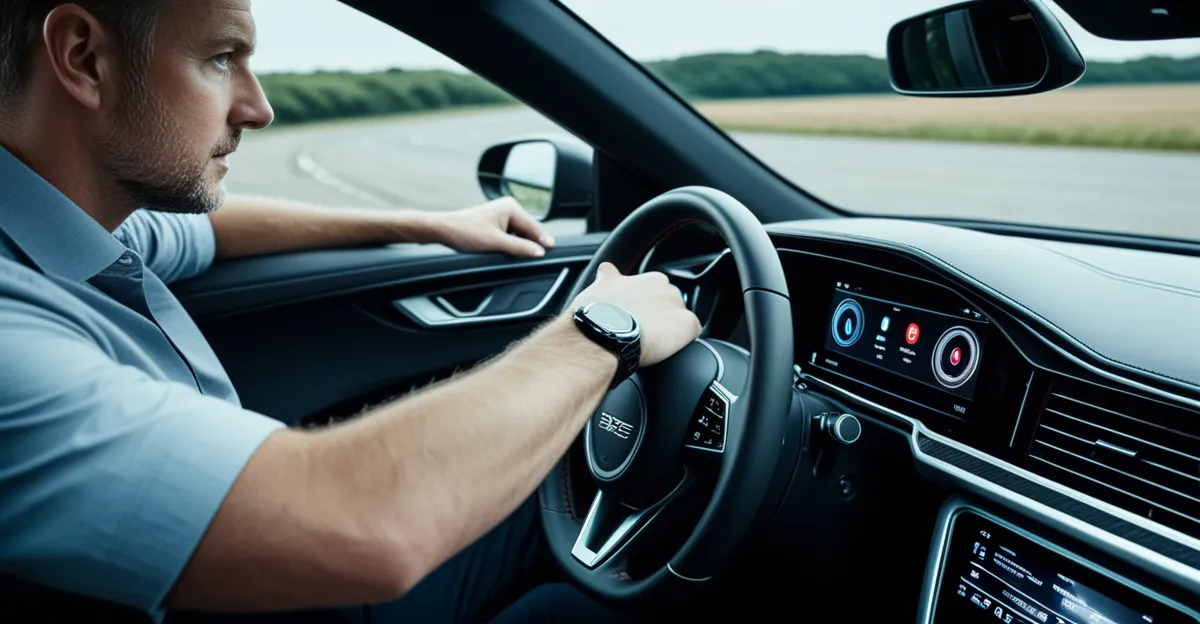The Impact of Technological Innovations on UK Automotive Manufacturing
Technological integration is revolutionizing the UK automotive industry by enhancing manufacturing innovation at every stage. Automation has shifted production lines toward smart factories, where interconnected machines communicate seamlessly, increasing precision and reducing human error. This shift not only boosts efficiency but also allows greater flexibility in handling diverse vehicle models.
Digitalisation and AI are central to this transformation. AI-driven data analytics optimise workflows and predict maintenance needs, cutting downtime. AI algorithms also streamline quality control by detecting defects earlier than traditional methods. Consequently, manufacturers achieve higher output standards while reducing waste.
In the same genre : What Future Innovations Will Usher in a New Era for UK Automotive Industry?
Adoption of 3D printing has further accelerated innovation in parts production and prototyping. This technology enables rapid iteration of designs and on-demand fabrication, which significantly shortens development cycles and lowers costs. Importantly, 3D printing supports sustainable practices by minimising material waste and enabling lightweight component manufacturing.
Combining automation, AI, and 3D printing, manufacturing innovation within the UK automotive industry is evolving rapidly. These advances foster not only competitive production but also responsiveness to market demands, defining the future landscape of UK automotive manufacturing.
Also to read : What Innovations Could Revolutionize the UK Automotive Industry?
Developments in Electric and Autonomous Vehicles
Electric vehicles (EVs) are rapidly reshaping the UK automotive industry, with adoption rates surging alongside expanding charging infrastructure. The government and private sector have intensified efforts to deploy fast and reliable charging points across urban and rural areas. This infrastructure growth directly addresses range anxiety, a primary barrier inhibiting wider EV adoption.
Autonomous vehicles represent another significant frontier in UK auto trends. Advancements in sensor technology, machine learning, and real-time data processing have propelled autonomous driving closer to commercial viability. However, regulatory frameworks remain in flux, requiring continuous adaptation to ensure safety and public acceptance.
Industry and government collaborations are vital drivers of vehicle electrification and autonomy progress. These partnerships facilitate innovation funding, pilot projects, and knowledge sharing, speeding up commercial rollouts. For example, dedicated trials assess EV performance under UK-specific conditions while evaluating autonomous systems on public roads.
In summary, the future of transport in the UK hinges on the growth of electric and autonomous vehicles. Their development integrates technology innovation within the broader landscape of UK automotive industry transformation, positioning the sector to meet environmental goals and evolving consumer demands.




